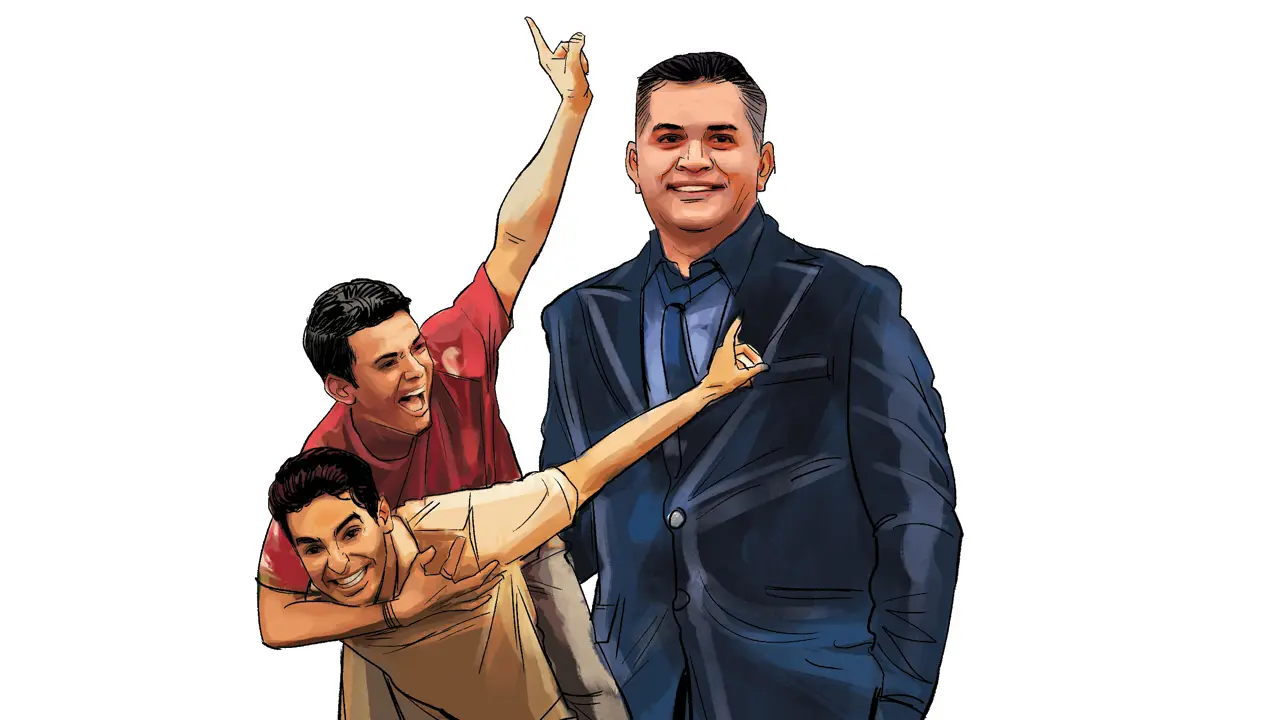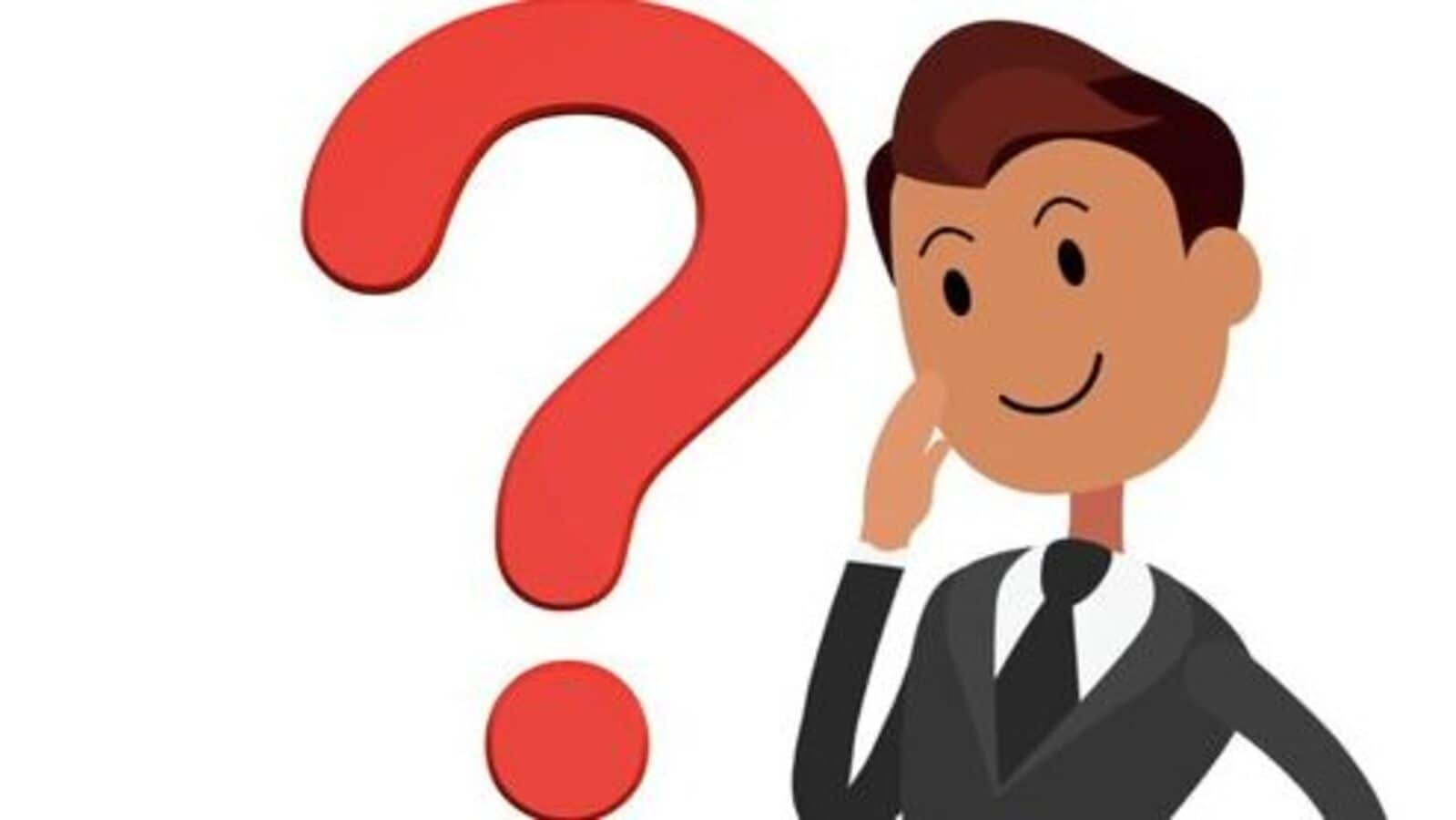In addition to his threatening tariffs, annexation pitches, immigration crackdowns and government job cuts, US President Donald Trump is seeking unprecedented control over university affairs. For decades, these academic institutions served as a pillar of American research, education and national growth. However, in 2021, J.D. Vance, Trump’s deputy, referred to them as “the enemy.”
Perhaps in that spirit, Trump 2.0 has aggressively targeted universities, asking them to end diversity initiatives and alleged anti-semitism on campuses. Federal funding for research at US universities totalling hundreds of millions of dollars has been suspended by Washington.
Also Read: Is privatizing US public services the ulterior motive of Elon Musk’s DOGE?
After threatening around 60 other varsities, in mid-March the Trump administration withdrew $400 million in federal funding from Columbia, an Ivy League university.
As described by Columbia’s Professor Sheldon Pollock, the government sent the university a “ransom note” with many preconditions for restoring the funding. With a $15 billion endowment and many generous and wealthy alumni, Columbia had a unique opportunity to script history. It, however, failed to take it and agreed to major concessions demanded by the federal government. The Republican-led House Committee on Education and the Workforce interpreted it as “Columbia FOLDS.”
Put under pressure next was Harvard, the wealthiest—and oldest—American university. Given its prestige, the ‘Make America Great Again’ campaign’s goal of controlling US academia could not be accomplished without a victory over it. Harvard, however, refused to ‘fold.’ It became the first university to reject the administration’s demands. This marks a new chapter in the history of academic freedom.
The Trump administration said in March that it was reviewing $8.7 billion in “multiyear grant commitments” and roughly $256 million in federal contracts for Harvard. Subsequently, a letter signed by over 800 Harvard faculty members urged the university to “mount a coordinated opposition to these anti-democratic attacks.”
Also Read: Caution: Attacks on DEI in the US threaten to cement glass ceilings
The Trump administration insisted that Harvard limit the influence of its faculty and students, notify federal authorities immediately of any conduct violations by foreign students and appoint an outside party to ensure each academic department is “viewpoint diverse.”
These demands touched on many facets of the university’s basic operations and are aligned with broader conservative critiques of higher education that go beyond the alleged harassment of Jews by those opposed to Israeli actions in West Asia. They also violate principles of academic freedom.
The Harvard faculty chapter of the American Association of University Professors, along with the national organization, sued the Trump administration for its demanded policy changes while reviewing roughly $9 billion in federal funding. Washington swiftly retaliated, stating that a $60 million contract and $2.2 billion in multi-year grants would be frozen. Harvard’s tax-exempt status and visa sponsorship of foreign students also face withdrawal.
Also Read: Dani Rodrik: Will America Inc and US academia protest Trump policies?
Former Harvard president Lawrence Summers, however, urged the university to take legal action against the government and use its $53.2 billion endowment to plug financing gaps.
According to Harvard’s president Alan Garber, the federal government’s demands would give it “control over the Harvard community” and jeopardize the university’s “values as a private institution devoted to the pursuit, production, and dissemination of knowledge.” As academic freedom has long been the cornerstone of US universities, this is a defining moment.
Academic freedom is a complex concept. Although multiple definitions exist, at the first annual Global Colloquium of University Presidents at Columbia University in January 2005, “academic freedom” was defined as “the freedom to conduct research, teach, speak, and publish, subject to the norms and standards of scholarly inquiry, without interference or penalty, wherever the search for truth and understanding may lead.”
Also Read: Manu Joseph: Where our freedom of speech came from and where it went
However, like any other freedom, it’s neither unrestricted nor absolute. It must adhere to a set of standards and obligations and its reach may extend no further than what a country’s politics and society allow at a given moment. “If you’re taking federal funds, then we want to make sure that you’re abiding by federal law,” said US education secretary Linda McMahon, defending the government’s approach. Shifting sociopolitical dynamics in a society constantly redefine academic freedom and the scope for political meddling in it. This much, we should admit.
Cash-rich Harvard’s decision not to bow to the Trump administration’s demands may set a legal precedent and serve as a strategic guide for other universities. More significantly, contemporary academic freedom will probably be defined in specific terms by Harvard’s lawsuit, subsequent hearings and the final verdict, whatever it may be. In America and many other countries, it could serve as a template for marking the legitimate extent of political interference in universities that receive state funds. While Columbia missed the bus, Harvard looks set to make history.
The author is professor of statistics at Indian Statistical Institute, Kolkata.





